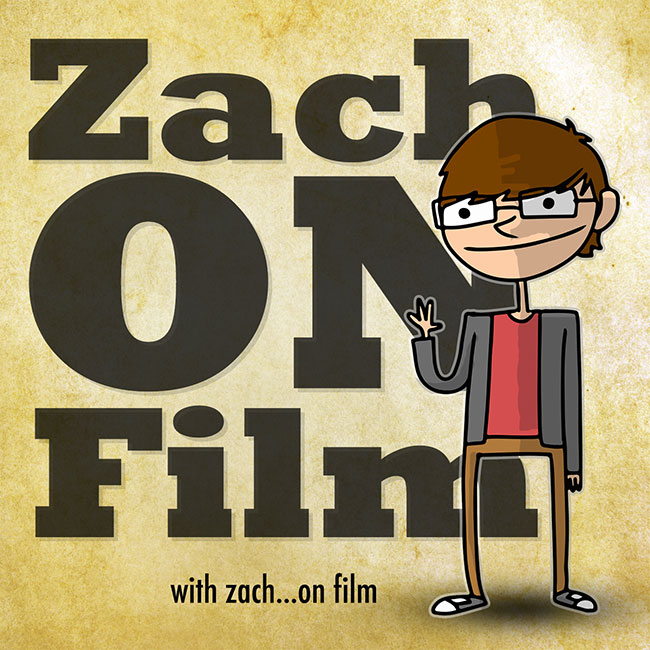This week, Zach travels to the future to see if androids dream of electric sheep, or if the dystopian future is just around the corner as he explores Ridley Scott’s 1982 film, Blade Runner.
[podcast]http://traffic.libsyn.com/majorspoilers/zach_on_blade_runner.mp3[/podcast]
BLADE RUNNER Blade Runner is a 1982 American dystopian science fiction thriller film directed by Ridley Scott and starring Harrison Ford, Rutger Hauer, Sean Young and Edward James Olmos. The screenplay, written by Hampton Fancher and David Peoples, is loosely based on the novel Do Androids Dream of Electric Sheep? by Philip K. Dick.
The film depicts a dystopian Los Angeles in November 2019 in which genetically engineered organic robots called replicants—visually indistinguishable from adult humans—are manufactured by the powerful Tyrell Corporation as well as by other “mega-corporations” around the world. Their use on Earth is banned and replicants are exclusively used for dangerous, menial or leisure work on off-world colonies. Replicants who defy the ban and return to Earth are hunted down and “retired” by police special operatives known as “Blade Runners”. The plot focuses on a brutal and cunning group of recently escaped replicants hiding in Los Angeles and the burnt-out expert Blade Runner, Rick Deckard (Harrison Ford), who reluctantly agrees to take on one more assignment to hunt them down.
- Direct Download
- Subscribe via iTunes
- RSS Feed
- Subscribe to the Major Spoilers Podcast Network Master Feed!
- Major Spoilers Podcast Network Master Feed RSS Feed
- Show your thanks to Major Spoilers for this episode by becoming a Major Spoilers VIP. It will help ensure Zach on Film continues far into the future!
During the show, Zach mentions a video on Vimeo.com. Here it is.
During the show, Stephen mentions the book, Future Noir.
The 1992 release of the “Director’s Cut” only confirmed what the international film cognoscenti have know all along: Ridley Scott’s Blade Runner, based on Philip K. Dick’s brilliant and troubling SF novel Do Androids Dream of Electric Sheep, still rules as the most visually dense, thematically challenging, and influential SF film ever made.
Future Noir is the story of that triumph.
The making of Blade Runner was a seven-year odyssey that would test the stamina and the imagination of writers, producers, special effects wizards, and the most innovative art directors and set designers in the industry.
A fascinating look at the ever-shifting interface between commerce and the art that is modern Hollywood, Future Noir is the intense, intimate, anything-but-glamerous inside account of how the work of SF’s most uncompromising author was transformed into a critical sensation, a commercial success, and a cult classic.
A big Thank You goes out to everyone who downloads, subscribes, listens, and supports this show. We really appreciate you taking the time to listen to our ramblings each week. Tell your friends about the podcast, get them to subscribe and, be sure to visit the Major Spoilers site and forums.




6 Comments
I was so excited to finally watch Blade Runner when I was in high school, but it took my five days and the entire length of my video rental period to get through it because it kept putting me to sleep. It’s a great movie, but you have to be ready to watch it. I read the book in college and it was far better.
I think it is one of the most overrated movies of all-time.
Would love to know why you think that.
i think my problem with it is that i took a very long time to see this movie,and when i did i was let down(expectations to high).it is very long(saw the directors cut),imo boring.maybe i should watch it again.
Expectations can certainly ruin a movie watching experience. Matthew would agree with you that it is too long, I disagree with that statement but that’s me.
Thanks for sharing your thoughts!
While all your reasons for believing Deckard was a replicant were sound, this one is probably the most important:
http://news.bbc.co.uk/2/hi/entertainment/825641.stm